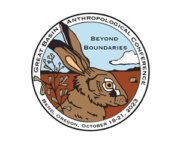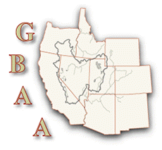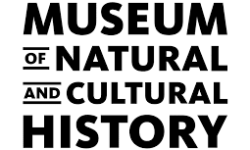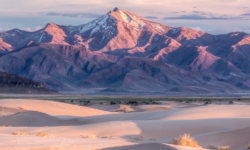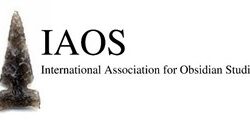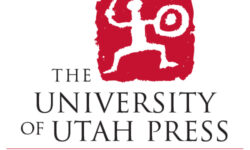The Great Basin Anthropological Association Remembers George T. (Tom) Jones (1951 – 2024)
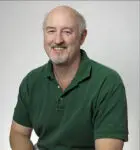
Tom Jones, a remarkable scholar, beloved professor, and deeply-respected Great Basin archaeologist, passed away on November 1, 2024. Tom was a lithic specialist with a strong interest in evolutionary and ecological theory who focused on the Late Pleistocene and Early Holocene stone tool technologies of the Great Basin. Born on August 23, 1951, Tom grew up in the rural town of Sedro-Woolley in northwestern Washington. In 1969, he attended college at the University of Denver (where he was on the golf team) and then transferred to the University of Washington (UW), earning a B.A. in Anthropology in 1973. After attending graduate school briefly at Washington State University (and worked at the Lind Coulee site), he transferred to UW, where he earned his Ph.D. in Anthropology in 1984. Tom was one of Donald Grayson’s first graduate students at UW and he (along with several other students who became notable scholars) worked on the Steens Mountain Prehistory Project in southeastern Oregon. During that project, Tom and fellow UW graduate student Charlotte Beck fell in love with one another and both ended up writing dissertations on the prehistory of the Steens Mountain region. Tom and Charlotte got married while still graduate students and…


